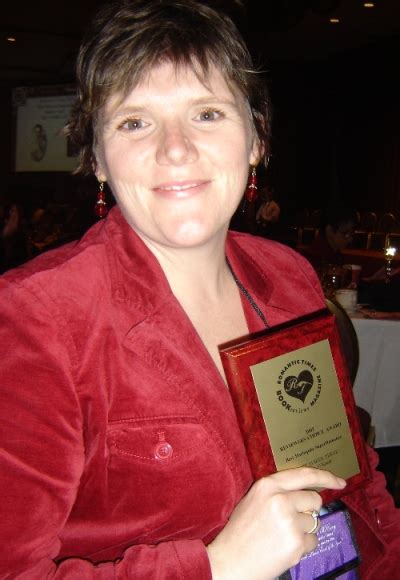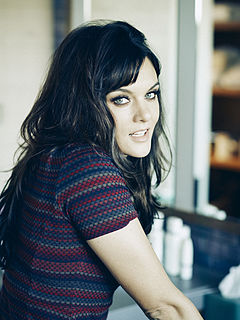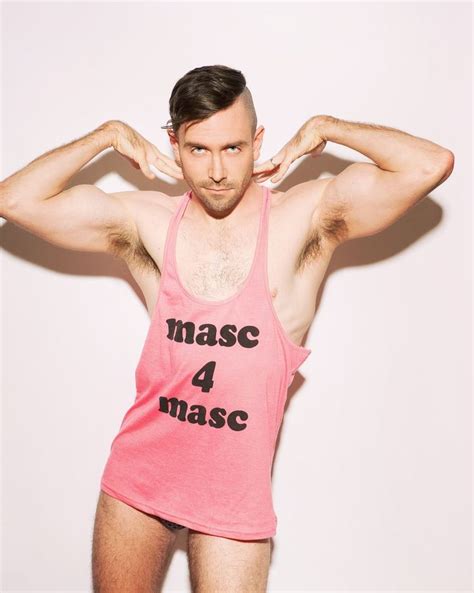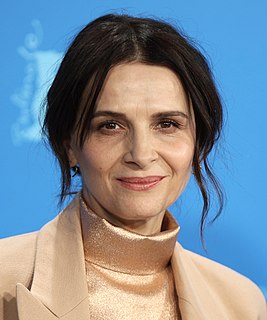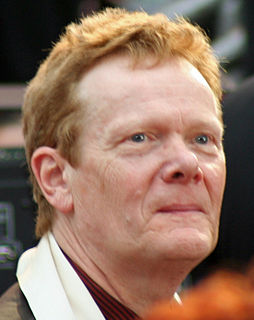A Quote by Molly O'Keefe
As I continue to write as M. O'Keefe, I find myself following darker story lines. Plots I might have flinched away from I now rush toward. Using sex as a tool to tell women's stories is endlessly fascinating.
Related Quotes
I don't write as much now as I used to, but I write. The lines still come, maybe periodically, and I'll go through these little bursts of time where I write a lot of things then a long period of time where maybe I don't write anything. Or these lines will come into my head and I'll write 'em down in a little book, just little sets of lines, but I won't try to make stories or poems out of them. I'm doing a lot of that now, just the lines.
I wanted to tell the story of these women and the war in the Congo and I couldn't find anything about them in the newspapers or in the library, so I felt I had to get on a plane and go to Africa and find the story myself. I felt there was a complete absence in the media of their narrative. It's very different now, but when I went in 2004 that was definitely the case.
Romance novels are tales of brave women taming dangerous men. They are stories that capture the excitement of that most mysterious of relationships, the one between a woman and a man. They are legends told to women by other women, and they are as powerful and as endlessly fascinating to women as the legends that lie at the heart of all the other genres.
I'm very grateful to be in a position now where I have a lot more control to tell the stories I want to tell. I feel no obligation to tell any one story. I will tell you my interest mostly lies in telling stories about empowered women, but I don't feel it's an obligation. But I do feel like I am servicing a voice.
As popular culture becomes more presentist, we move away from entertainment as the vicarious experience of a narrative - as watching someone else's story - and much more toward enacting one's own story. Moving away from myths and toward fantasy role-playing games, away from movies and toward videogames.
